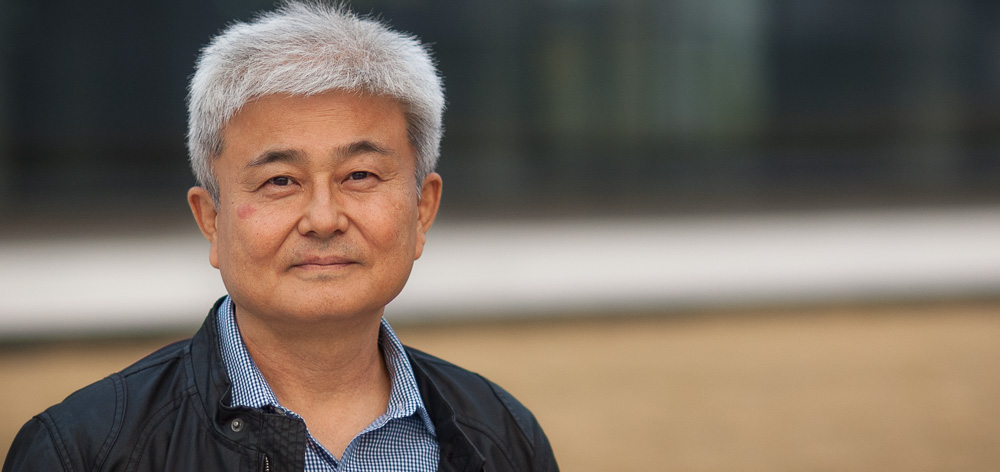Henry H. Em

The newest “textbook controversy” currently shaking up South Korean politics is a stark reminder that defining history, and writing about history, is neither neutral nor apolitical. The Korean government is currently drawing heavy criticism for its attempt to unify all teaching materials into a single, state-commissioned textbook. The move triggered nationwide protests, including over 15,000 educators across the country and a petition signed by over 300 professors from the nation’s top universities.
To provide context and shed light on these “history wars” between Japan and Korea, and within Korea itself, we decided to take a step back from today’s controversies and had the privilege of interviewing Professor Henry H. Em. He recently published The Great Enterprise: Sovereignty and Historiography in Modern Korea (Duke University Press, 2013) in which he explains how Meiji Japan methodically surveyed Korea’s history in order to find aspects of its past that would justify Imperial control over Korea. Professor Em also shows how postcolonial South Korea then promoted a national counter-narrative of its own, with the goal of attaining equal standing among sovereign nations in the new world order.
Henry H. Em is Associate Professor of Korean Studies at the Underwood International College of Yonsei University. He was previously Fulbright Senior Scholar to Korea, Visiting Professor at Korea University and the School for Advanced Studies in the Social Sciences in Paris (EHESS), as well as Associate Professor at NYU.
Professor Em earned his B.A. and M.A. in East Asian Studies as well as his Ph.D. in History from the University of Chicago.
Japan [restored Silla historical sites]. Why would a colonial power do something like that? Why would Japanese colonial authorities praise the architecture and the art history of Korean people at the time of Silla? […] It creates a narrative where you say, look, Koreans can be proud and justifiably proud of this wonderful artistic achievement […] But then there was this sort of fall during the Koryo dynasty and the Choseon dynasty, the art and culture of Korea declines. And so the restoration of these sites serves as a symbol and example […] of Japan’s intentions in Korea: Koreans are not capable of meeting the challenges of modernity and just as the Japanese Empire will restore these ancient sites, [it] will restore the Korean people. And many of the Korean intellectuals, the non-nationalists, found this kind of narrative very difficult to argue against.
The interview was recorded on October 22nd in Songdo.